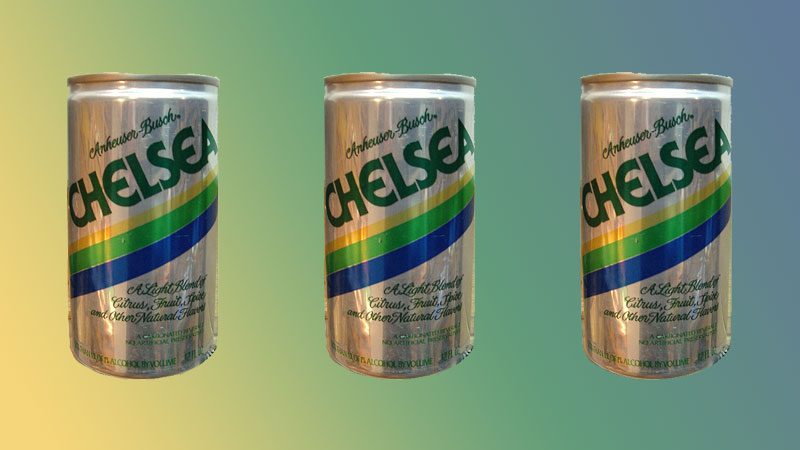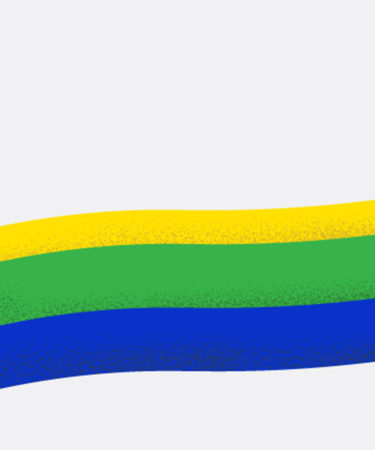In 1978, the world’s largest beer maker, Anheuser-Busch, befuddled consumers with a new product that wasn’t quite beer, yet wasn’t quite soda. Called Chelsea, the citrus-flavored, carbonated, slightly alcoholic beverage was touted by the company as the “new not-so-soft drink.” Its production was limited and short-lived, but, for a brief while, Chelsea animated and enraged the nation.
Critics called Chelsea “Baby Beer,” and, indeed, it did look like beer. One version came in a 12-ounce silver can, clearly marked with the Anheuser-Busch name. Another format was a clear glass bottle, akin to a Miller High Life. It also reportedly foamed like beer.
Its description read, “A Light Blend of Citrus, Fruit, Spice, and Other Natural Flavors” — not unlike a fruited session IPA, or even a spiked seltzer. It contained less than 1 percent alcohol and was stocked next to soft drinks on supermarket shelves.
Due to its appearance, naysayers — including healthcare professionals, educators, and priests — accused A-B of luring in minors with a beer-like product that was clearly intended to introduce them to the A-B brand at an early age.
The beverage was initially tested in six cities before being discontinued in October 1978 — the same year it was introduced.

“Anheuser-Busch brewery, acting after criticism that its new, slightly-alcoholic soft drink was designed to turn children into beer drinkers, said yesterday it has suspended test market advertising and promotion of the product,” the Wall Street Journal reported on Oct. 22, 1978.
“Anheuser-Busch believes strongly that the concept behind the new soft drink Chelsea is socially responsible and that it fulfills a real need in the adult beverage market,” the company said in a statement at the time. “Nevertheless in the interests of corporate and social responsibility, we have suspended all test-market advertising and promotion of Chelsea, and we are studying the possibility of overcoming certain well-intentioned objections to the product.”
Some sources say A-B tried its hand at another soft drink, a caffeinated root beer called Root 66, in 1980, which similarly flopped in 1981.
An A-B InBev spokesperson was unable to answer several questions VinePair had regarding Chelsea and Route 66.
Some things, like Chelsea, Beatles haircuts, and Puka shells, are best left in the past.
